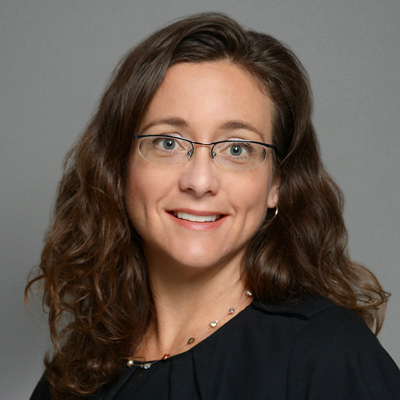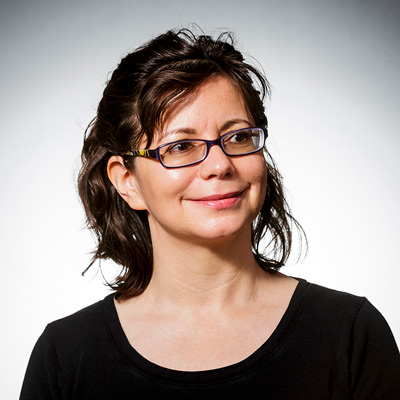SISLT to train health librarians to serve in rural and underserved communities
Posted in: News12 trained health librarians will be embedded in their own communities throughout the Midwest
Contact: Cailin Riley, 573-882-4870, rileyci@missouri.edu
In underserved areas, such as rural areas with little access to the internet or health resources, community members might struggle to find accurate health information to help them in their daily lives. Librarians and public libraries are often great resources for these communities, but past research indicates many librarians do not feel comfortable sharing health information with clientele.
Now, researchers at the MU College of Education‘s School of Information Science & Learning Technologies are addressing this issue with a grant award of more than $500,000 to train and embed health librarians into underserved and rural communities in the Midwest. Twelve “Catalysts for Community Health” librarians will receive financial support to complete the program.

“Essentially, these trained health librarians will be a helpful and important resource for people in their communities who are seeking health information or resources,” said Jenny Bossaller, the Library Information Science Program Chair and lead on the project. “So if someone comes into a health center or the public library looking for information about a problem they have, the librarian will be able to point them in the right direction.”
The grant will support the program for three years, with student recruitment beginning this August. During the three-year period, the 12 students will take classes in consumer health and librarianship, work with a local librarian and a mentor, attend professional development webinars to improve their skills and eventually be placed within their community’s public library or a community health setting, such as a health clinic or senior center.
Students will be recruited from the National Network of Libraries of Medicine’s MidContinental Region, which includes Colorado, Kansas, Missouri, Nebraska, Utah and Wyoming. In particular, the recruiters will seek candidates based in rural areas and underserved urban areas.

“The best thing about this program is that we will be able to recruit students from diverse communities across the Midwest,” said Denice Adkins, an associate professor in the School of Information Science and Learning Technologies and a project co-investigator. “We think it is important that they come from the community they will serve because they already understand the people in their community and their specific needs.”
The researchers hope the librarians also will bring new health information and methods back to their peers and share them with their community. For example, Bossaller mentions that some communities might practice alternative cultural healing methods in addition to western medicine. Bossaller said that having knowledge of different techniques among the students will create a diverse wealth of knowledge.
“We also want to provide an educational opportunity for people who want to pursue a graduate degree but might not have the financial resources to do so,” Bossaller said. “If someone is passionate about their community and improving their own education, we want to hear from them.”
Students interested in learning more about the program or applying can access the application at this link.
Funding for this grant is provided by the Institute of Museum and Library Services (TIN No 436003859).